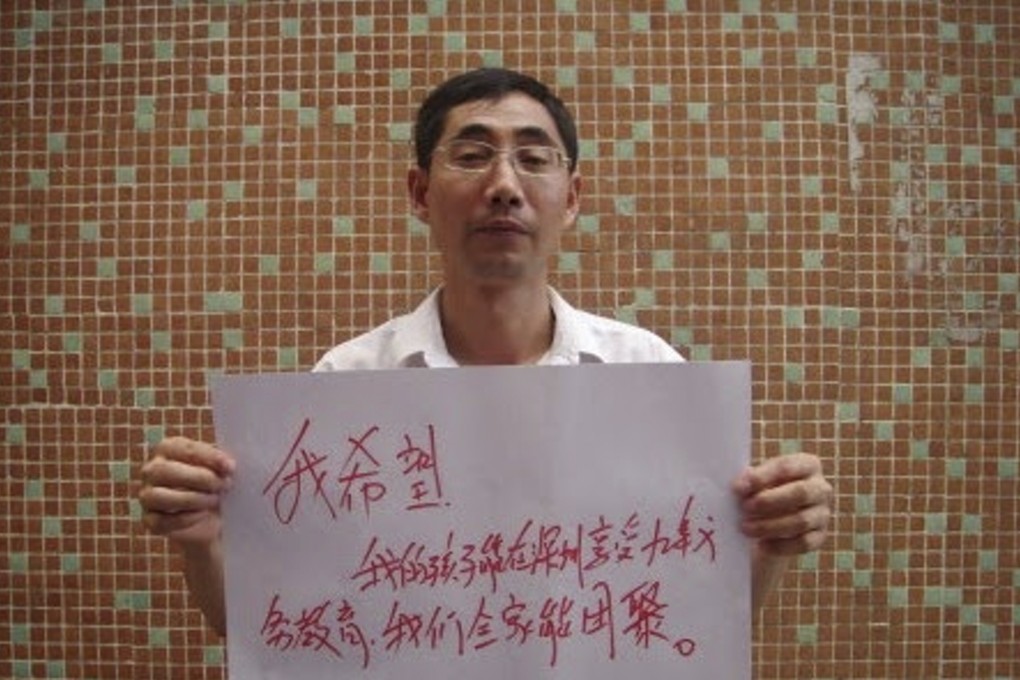Missing Chinese labour activists freed after being held for more than a year
- The five were held in January last year as part of a national crackdown triggered by a factory dispute in the southern city of Shenzhen
- The campaigners were given suspended sentences after a closed-door hearing and have now been allowed to return home

Five Chinese labour rights activists who went missing after being arrested have been released after 16 months in detention.
The five – Zhang Zhiru, Wu Guijun, Jian Hui, Song Jiahui and He Yuancheng – returned home on Thursday evening, according to a Hong Kong-based rights group China Labour Bulletin.
They had been arrested by police for allegedly “disturbing public order” on January 20 last year as part of a crackdown triggered by an attempt by factory workers to form a trade union.
Jian was arrested in Changsha, the capital of Hunan province, while the others were detained in the southern province of Guangdong.
In a closed-door trial, Zhang and Wu were sentenced to three years imprisonment, suspended for four years, while the other three were sentenced to 18 months, suspended for two years, the group said.
The activists were released on April 24, but they had to spend 14 days in quarantine before going home because of the Covid-19 pandemic.